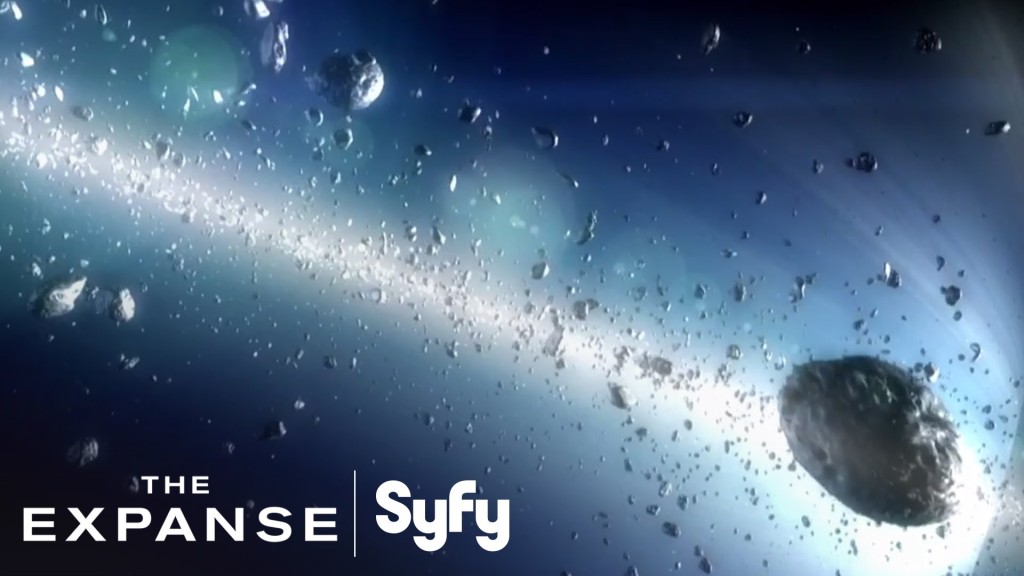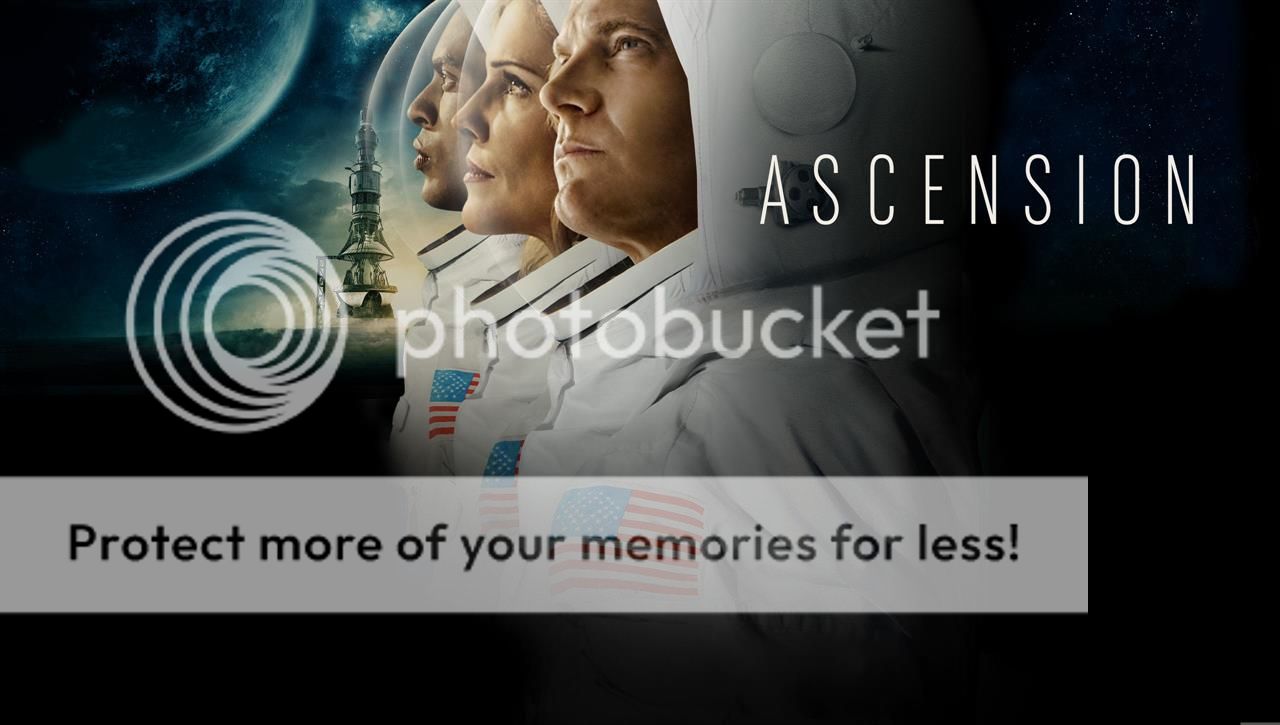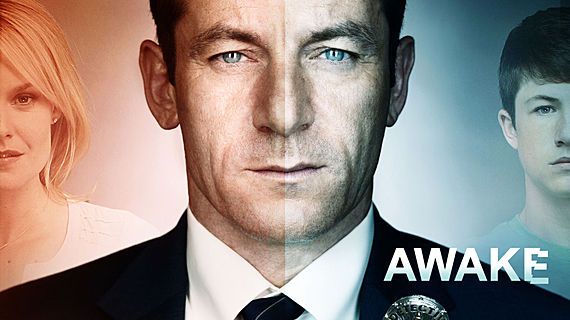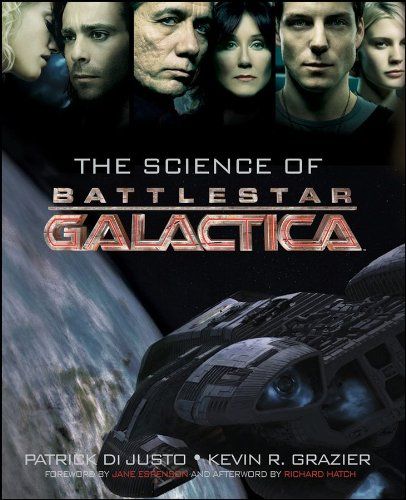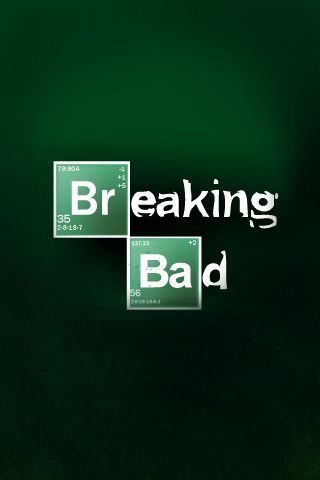
It has become compulsory for modern medical (or scientifically-relevant) shows to rely on a team of advisors and experts for maximal technical accuracy and verisimilitude on screen. Many of these shows have become so culturally embedded that they’ve changed people’s perceptions and influenced policy. Even the Gates Foundation has partnered with popular television shows to embed important storyline messages pertinent to public health, HIV prevention and infectious diseases. But this was not always the case. When Neal Baer joined ER as a young writer and simultaneous medical student, he became the first technical expert to be subsumed as an official part of a production team. His subsequent canon of work has reshaped the integration of socially relevant issues in television content, but has also ushered in an age of public health awareness in Hollywood, and outreach beyond it. Dr. Baer sat down with ScriptPhD to discuss how lessons from ER have fueled his public health efforts as a professor and founder of UCLA’s Global Media Center For Social Impact, including storytelling through public health metrics and leveraging digital technology for propelling action.
Continue reading Profile: ‘ER’ Writer/Medical Advisor Channels Storytelling Towards Social Activism
